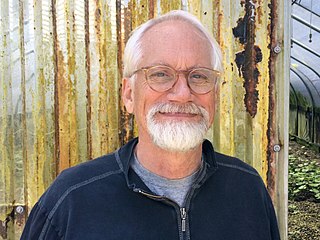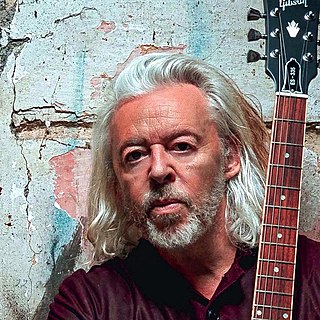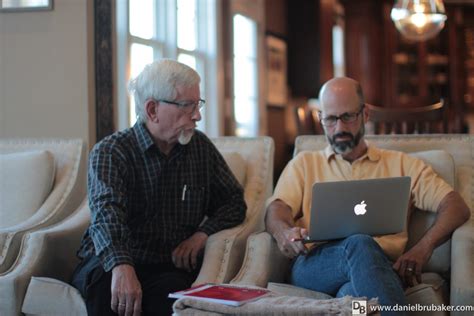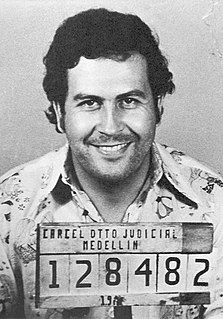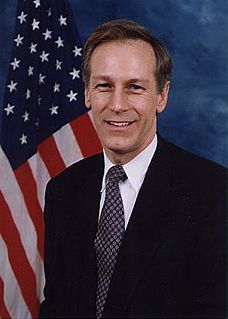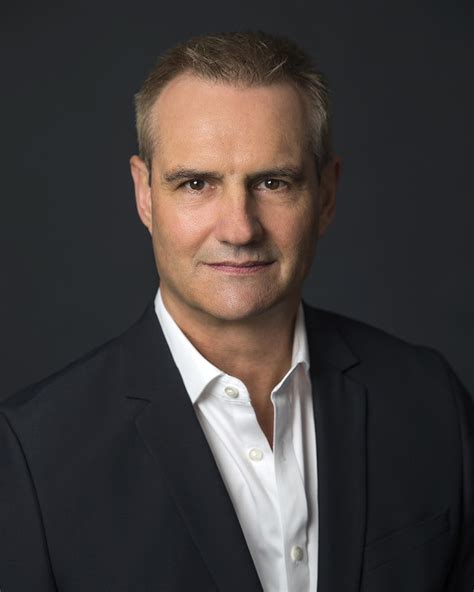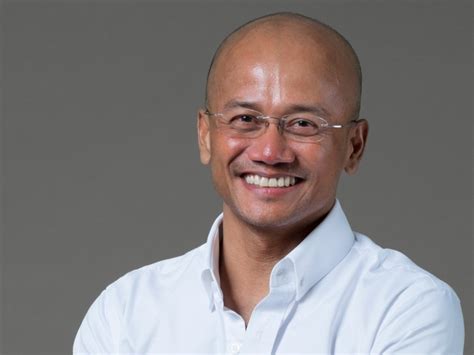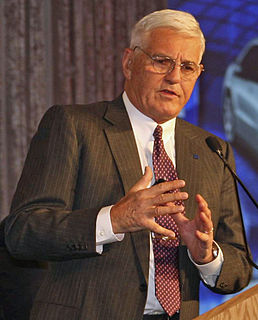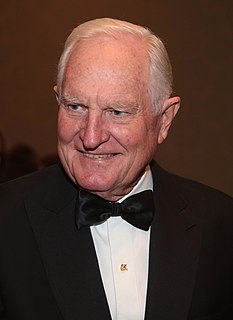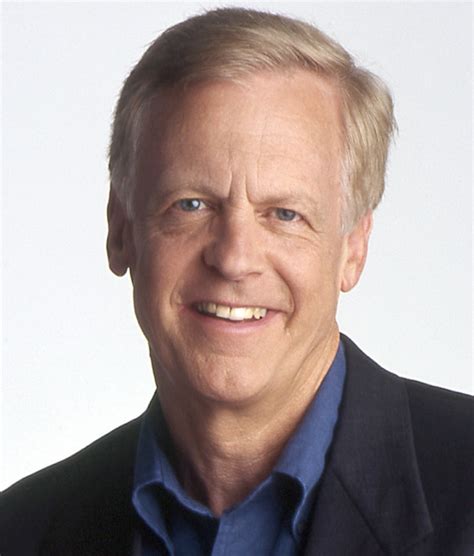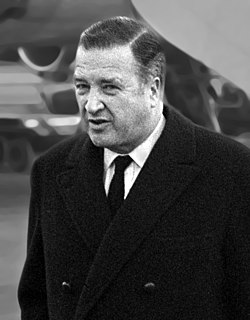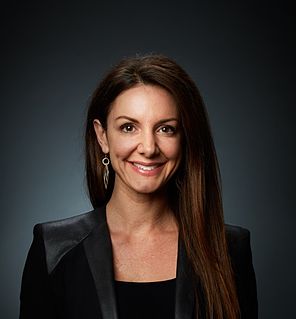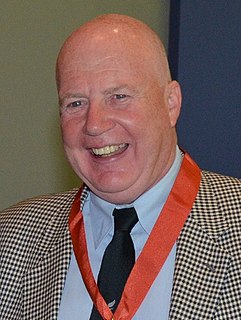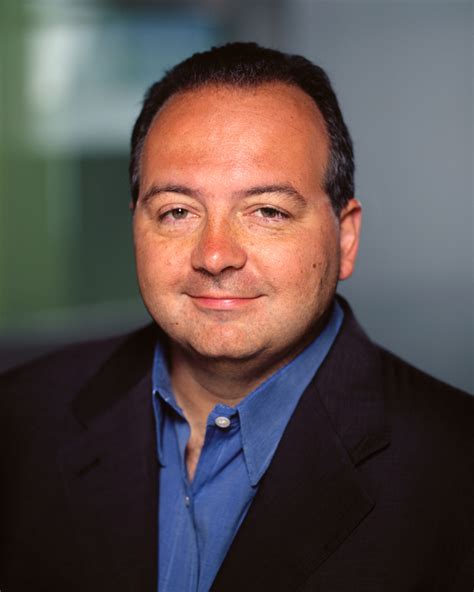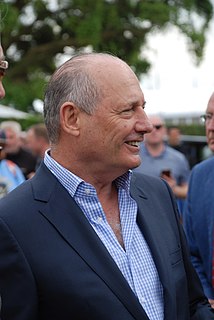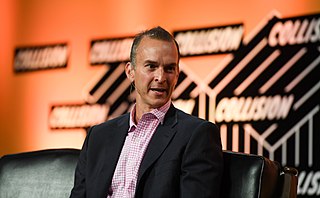A Quote by Dan Wieden
Related Quotes
I'm not of the opinion that all software will be open source software. There is certain software that fits a niche that is only useful to a particular company or person: for example, the software immediately behind a web site's user interface. But the vast majority of software is actually pretty generic.
So many Muslims have this belief that everything between the two covers of the Koran is just God's unaltered word. They like to quote the textual work that shows the Bible has a history and did not fall straight out of the sky, but until now the Koran has been out of this discussion. The only way to break through this wall is to prove that the Koran has a history too. The Sana'a fragments will help us do that.
I named my software 'EMAIL,' (a term never used before in the English language), and I even received the first U.S. Copyright for that software, officially recognizing me as The Inventor of Email, at a time when Copyright was the only way to recognize software inventions, since the U.S. Supreme Court was not recognizing software patents.
Printed media and other media indicated that Mr. Ellison was going to use the Koran, and that generated scores and hundreds of emails to my office. And so I thought it very important to state my view. And my view is that I don't subscribe to the Koran, and I will now be using the Bible when I take the oath.
As hardware doubles its density every 18-24 months, courtesy of Moore's Law, and as software eats the world, technology will replace a broad swathe of jobs outright - from burger-flippers to diagnosticians - and atomize many others from full-time positions into gigs performed by many fungible workers. Tech, in short, will eat jobs.
